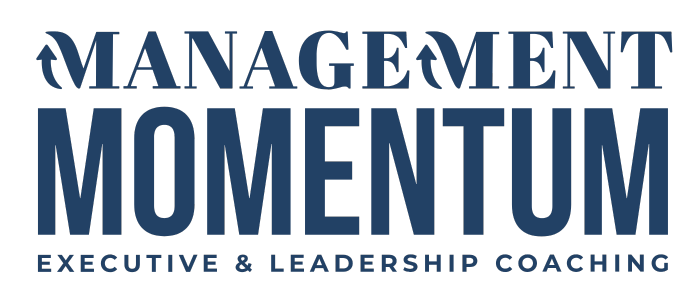Are You Burned Out Or Just Exhausted?
I hear the term burnout a lot in my work as an executive coach. I try to help clients figure out if they are really burned out or just exhausted. The two can seem similar, but they are actually very different.
Exhaustion after a long work sprint or complicated project is understandable. Exhaustion is curable by rest, renewal and a break in the action, whereas burnout requires more than rest.
Taking a vacation, catching up on sleep, or getting back into your exercise routine are all ways to “cure” exhaustion. You might be dealing with burnout, however, if none of these things work. It is especially alarming if you do take a good bit of time off (meaning completely off of work, and off of your electronic tethers as well) only to return with a sinking feeling that nothing has changed or improved, and the realization that your feelings about work are headed in a less than positive direction or that you are spiraling somewhat.
How to tell if you are burned out
The World Health Organization (WHO) classifies burnout as a syndrome.
Burn-out is a syndrome conceptualized as resulting from chronic workplace stress that has not been successfully managed. It is characterized by three dimensions:
- feelings of energy depletion or exhaustion;
- increased mental distance from one’s job, or feelings of negativism or cynicism related to one’s job; and
- reduced professional efficacy.
(source the World Health Organization)
I like the part of the WHO entry about chronic workplace stress that is not “successfully managed” as my experience with burnout is that you are the only one who can fix it. While external factors contribute to your burnout, once you are in it, it is a very personal and individual formula to get yourself out of it.
Tips to Address Burnout
Take real time off for reflection and rejuvenation.
Going on a “vacation” to Disney World with your family and your kids’ cousins for five days, then returning to work and an inbox of 5000 emails, is not real time off. Part (and only part) of the “fix” is taking some solid, consecutive days of rest, reflection, and retreat. The idea here is to recharge and to have some time to think. Figure out if what you need is different than what has worked up until now.
Figure out the core reason.
You probably don’t want to go there, but it is critical to reflect and determine what pushed you over the edge from exhaustion into burnout. You cannot do the next two tips without this information. Was it the new board member who wants you out? Was it the extra hours from the failed software conversion? Was it trying to navigate work while going through a messy divorce? No judgment, just the facts. When you stumble upon the core reason, you will know it.
Set some new boundaries.
Often, we need a structural change in our approach to work and life, such as having no meetings on Fridays or hiring an admin to reduce our workload. But it should also be specific to your needs and preferences. One of my clients had a peer who was incredibly creepy toward her, and so she made a rule that he was not allowed to set foot in her office. She would meet with him virtually but never in person because of his behavior in the past.
Learn something new.
Learning can be like an antidepressant. Think about it for a moment. When has learning something of interest to you ever been a bad idea? Sure, it takes time, sometimes costs money, and requires you to make decisions and commitments—but it can be worth it. The cool thing is that learning does not have to be specific to work to have a positive effect on your burnout. Our brains sometimes need novelty and change to help us along. This approach can help you get a reset on your brain and your energy.
Ultimately, we are all responsible for our own self-care and mental health. Whether you are burned out or not, take some time to think about what you need to have a lasting, positive relationship with your work. Make a list and get to work on that. Don’t forget to congratulate yourself on the structures you have already put into place to support yourself.




